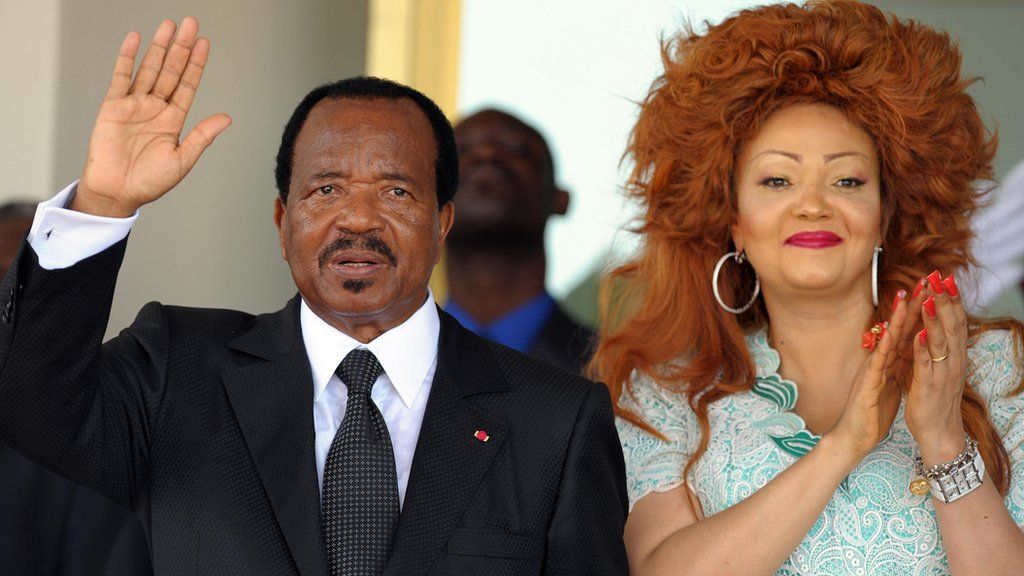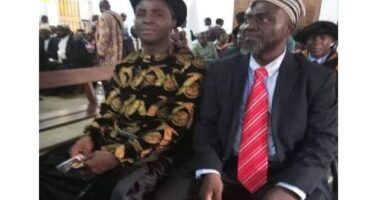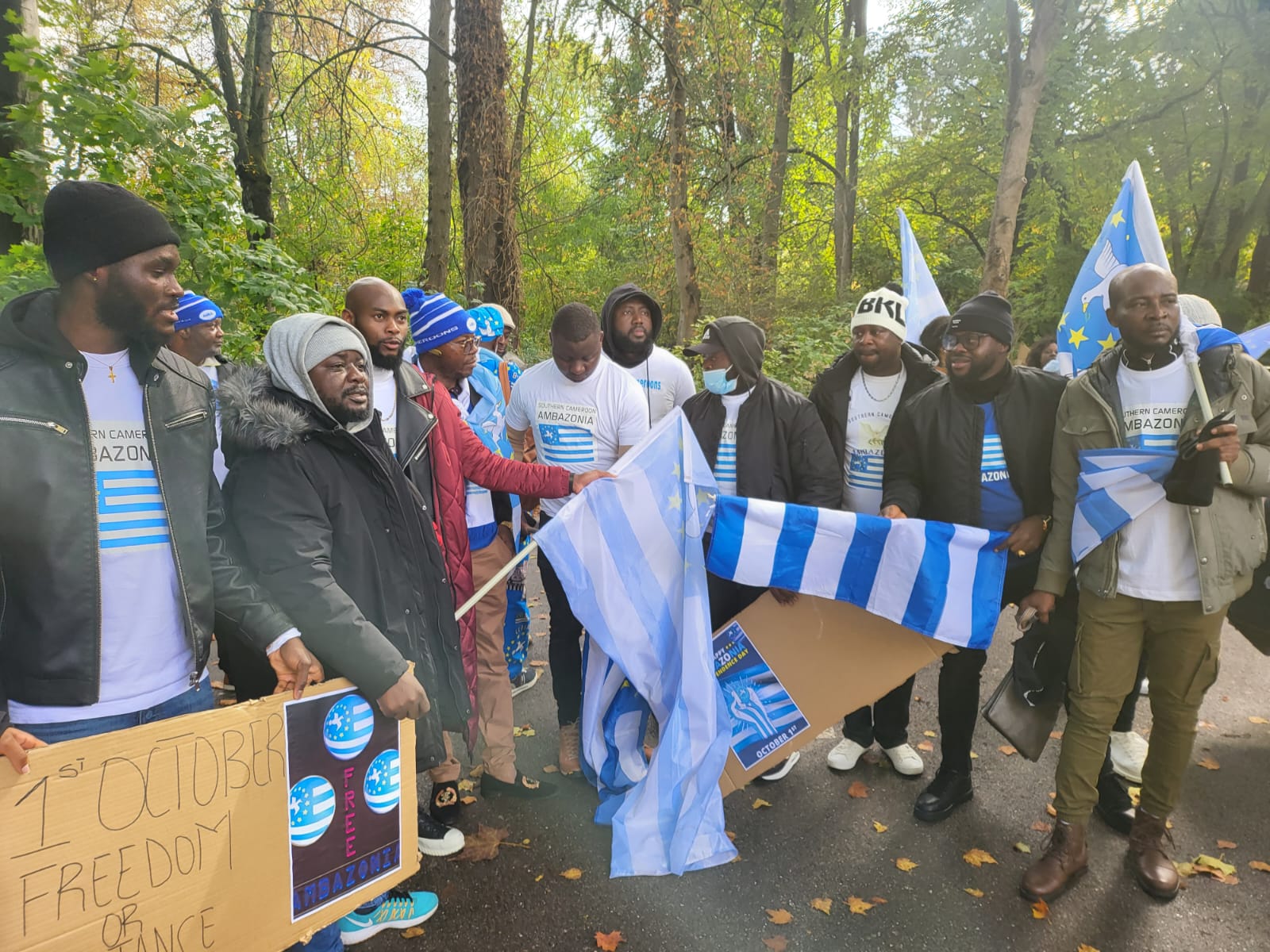Biya Is a System”: Constitutional Council’s Kamto Verdict Sparks Outrage and Confirms Regime’s Grip on Power
By Ray Timah | BaretaNews
Yaoundé, Cameroon — The Constitutional Council has once again come under fire after it dismissed a petition filed by opposition leader Maurice Kamto on the questionable grounds that it lacked the competence to rule on the existence—or nonexistence—of Cameroon’s electoral register. The decision has left many Cameroonians shocked, though critics argue they shouldn’t be: the writing has been on the wall for decades.
At the heart of this storm lies a haunting truth that many refuse to accept: Biya is not just a president—he is a system. A carefully engineered, multilayered structure of control and immunity shields the regime from scrutiny and challenge, all rooted in the infamous January 1996 Constitution—often misleadingly branded as a blueprint for democracy.
Maurice Kamto’s petition called into question the very foundation of electoral legitimacy in Cameroon: the absence of a credible, verifiable electoral register. But instead of engaging with this fundamental issue, the Constitutional Council washed its hands, citing “incompetence to rule.” The verdict came as a shock to many Cameroonians—but should it have?
The 1996 Constitution: A Trojan Horse?
For years, the 1996 constitution—referred to by some critics as the “Owona Constitution”—has been portrayed as a democratic milestone. In reality, it functions more like a fortress. A closer reading reveals not protections against tyranny, but entrenchments of executive supremacy.
Separation of powers, the bedrock of any modern democracy, has been reduced to paper fiction in Cameroon. The executive branch, led by President Paul Biya for over four decades, holds total control over the legislative and judicial arms. Of the 100 senators in Cameroon, 30 are handpicked by the President. The Higher Judicial Council, which oversees judicial appointments, is stuffed with Biya loyalists. And, most critically, the Constitutional Council itself is wholly compromised.
Constitutional Council: Judge, Jury, and Political Weapon
Let’s break down Article 51 of the 1996 Constitution, which governs the composition of the Constitutional Council—the very body that rejected Kamto’s petition:
-
Three members, including the President of the Council, are appointed directly by President Biya.
-
Three others are appointed by the President of the National Assembly, Cavaye Yeguie Djibril—a long-time Biya ally.
-
Another three are appointed by the President of the Senate, Marcel Niat Njifenji—himself appointed Senator by Biya.
-
The final two members come from the Higher Judicial Council, whose members are, again, primarily appointed by the Head of State.
Total: 11 members. All within Biya’s political orbit.
These same 11 individuals are not only in charge of ruling on critical constitutional matters but are also responsible for proclaiming election results. The President of the Council, Clement Atangana, a former judge with close ties to the regime, will read the final election results—no matter what happens at the ballot box.
As per Article 50, the Council’s decisions are final and cannot be appealed.
Elections or Elaborate Theatre?
What happened to Kamto is not an isolated incident—it’s part of a consistent pattern. The system has been methodically built since 1992, when Biya narrowly escaped electoral defeat. Determined to prevent a repeat of that scare, he launched a silent but ruthless campaign to shut every possible window of political vulnerability.
From appointing loyalists to ELECAM, the electoral commission, to saturating the judiciary with allies, Biya has constructed a reality where only Biya can defeat Biya. His grip on the state apparatus is not coincidental—it’s calculated.
As I put it, “Consolidation of power is not an event—it is a chain of events.”
Each dismissed petition, each stage-managed election, and each constitutional loophole has been a building block in a system that is no longer just authoritarian—it is auto-immune to reform.
Where Do We Go from Here?
Maurice Kamto may have lost this legal battle, but the war for Cameroon’s democracy is far from over. What’s clear is that expecting justice from institutions designed to protect the very regime being challenged is a recipe for frustration.
In Cameroon, the challenge is no longer just political—it is structural. And unless that structure is dismantled piece by piece, no opposition candidate, no matter how popular or prepared, stands a genuine chance.
The question remains: Will Cameroonians continue to be shocked—or will they start demanding more than the illusion of democracy?
For more critical analysis and investigative reports, stay with BaretaNews.





